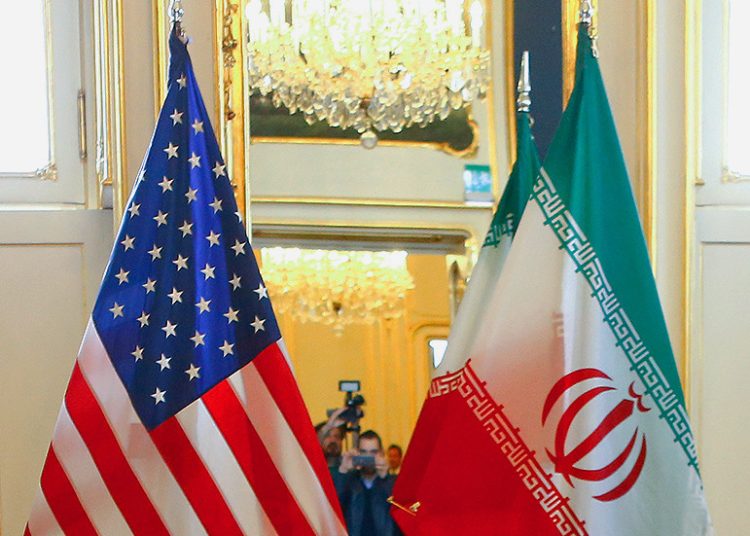Indirect negotiations between Iran and the United States, mediated by Oman, aimed at addressing the nuclear issue and sanctions relief, are reportedly being eyed for a new date this weekend after the previous round, scheduled for Rome on May 3rd, was postponed. However, official confirmation regarding the timing and venue from Omani mediators remains notably absent.
Following the postponement of the Rome talks, reports began circulating in recent days suggesting that a new round could potentially occur this weekend. U.S. negotiator and Presidential Envoy Steve Witkoff told Axios that a new round was “likely” this weekend, with subsequent media reports pinpointing Sunday, May 11th, as a possible date in Muscat, Oman.
Iran’s Foreign Ministry Spokesperson, Esmaeil Baqaei, stated earlier this week that the possibility of weekend talks was under review and that the Omani mediator would make an official announcement once the time and venue were finalized.
“The time and location of the negotiations are determined by the host country, which is Oman,” the Iranian Foreign Minister said today in response to a question about the new round of talks. “Our Omani friends asked us about Sunday, and we announced our agreement. Apparently, they have also spoken with the other side, and as of now, the negotiations are scheduled to be held on Sunday. Regarding the starting time of the negotiations, we are waiting for coordination by the Omani side.”
The Foreign Minister’s comment also has a cautious tone, using phrases like “as of now” and still emphasizing that Tehran is awaiting coordination on the specific starting time of the negotiations.
However, as the potential weekend approaches, particularly with Iran’s Foreign Minister scheduled to travel to Saudi Arabia and Qatar on Saturday, ruling out discussions on that day, the lack of official confirmation for Sunday’s proposed timing is conspicuous.
Sources suggest that the apparent reluctance from both the Omani and Iranian sides to officially publicize the details of the next round’s timing and venue stems from a significant lack of trust in the consistency and reliability of the United States’ communications, even on seemingly trivial logistical matters including the time and venue of the talks. Negotiating in an environment where Team Trump is perceived as regularly broadcasting contradictory messages and employing what analysts describe as “make-fun tactics” is “awfully complicated” for Iran.
This prevailing atmosphere of uncertainty, coupled with contradictory U.S. stances and perceived deviations from previous understandings reached in earlier rounds, is seen as having been the primary reason for the postponement of the last round and the consequent loss of valuable time.
Concerns are mounting that if this pattern of zigzag behavior and inconsistency from the U.S. side persists, it could significantly protract the negotiation process. Such unpredictable actions are viewed as creating speed bumps and rocky paths that will make reaching a meaningful agreement more difficult and time-consuming.
A prolonged negotiation process fueled by uncertainty and inconsistent behavior from the U.S., alongside potential efforts by various factions to disrupt the diplomatic path, carries inherent risks for the overall prospects of a durable agreement. The focus remains on whether the upcoming, yet unconfirmed, round in Muscat, if it materializes, can navigate these deep-seated challenges and instill a greater sense of predictability and seriousness in the negotiation process.






